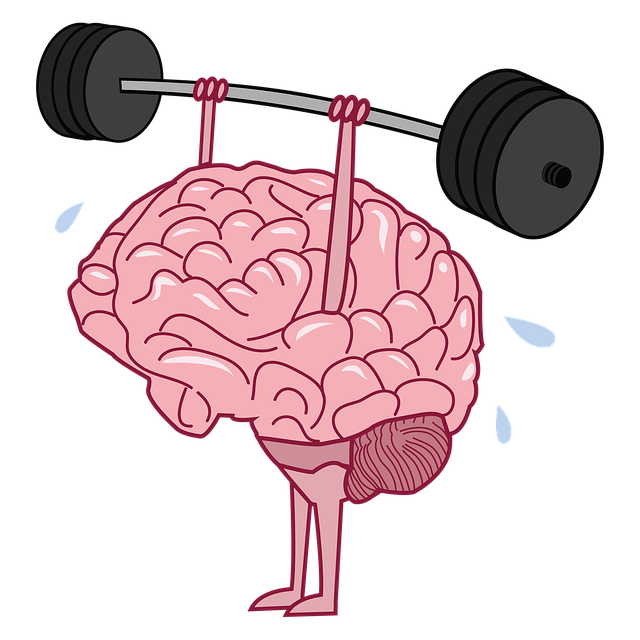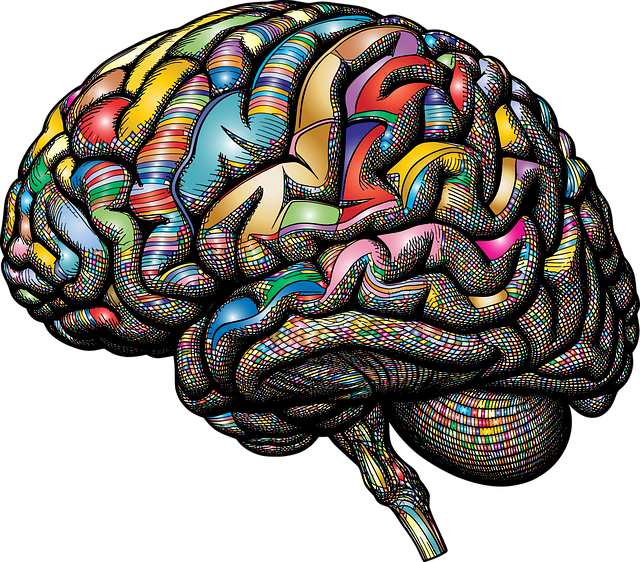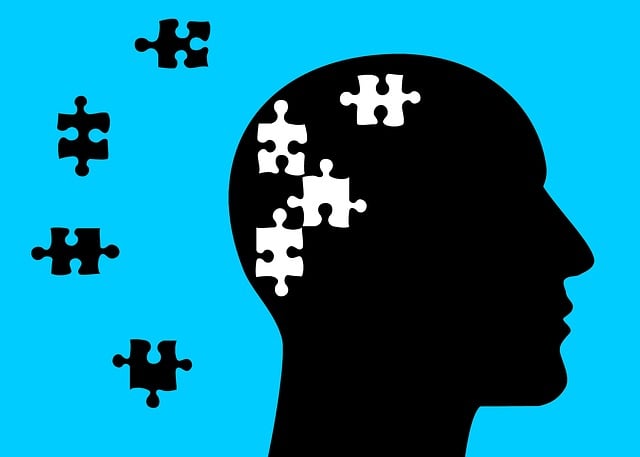Crisis Intervention Teams (CITs) provide specialized support for young adults during mental health crises, focusing on early intervention through trained professionals and peer specialists. These teams create safe spaces, teach coping mechanisms, and offer mindfulness techniques for a holistic approach. Family counseling is a key component, addressing the impact of familial experiences on a young adult's ability to cope. Comprehensive crisis intervention programs include individual therapy, family counseling, self-care practices, and stress management workshops, fostering resilience and well-being. This approach emphasizes therapy for young adults through family counseling, improving cultural competency and tailored interventions for diverse populations, ultimately contributing to mental health awareness and public campaign development.
In today’s challenging social landscape, crisis intervention team (CIT) training programs play a pivotal role in equipping professionals with the skills to support young adults grappling with mental health crises. This article delves into the significance of CITs, highlighting the critical role of family counseling within these training programs. We explore essential components of effective crisis intervention for young adults and emphasize the profound benefits and impact of therapy through family counseling, providing a vital resource for at-risk individuals.
- Understanding Crisis Intervention Teams: A Vital Resource for Young Adults
- The Role of Family Counseling in Crisis Team Training
- Components of Effective Crisis Intervention Programs for Young Adults
- Benefits and Impact: Therapy for Young Adults Through Family Counseling
Understanding Crisis Intervention Teams: A Vital Resource for Young Adults

Crisis Intervention Teams (CITs) play a crucial role in supporting young adults during mental health crises. These specialized teams, often consisting of trained professionals and peer support specialists, are designed to provide immediate assistance and de-escalation strategies. When faced with a crisis, CIT members offer a safe and non-judgmental environment, facilitating communication and helping individuals navigate their emotions. The focus is on early intervention, ensuring that young adults receive the necessary support before situations escalate.
For young adults grappling with mental health issues, accessing appropriate therapy for adults, such as family counseling or individual sessions, might be challenging. Here, CITs step in as a vital resource. They are equipped to provide immediate relief, teach coping mechanisms, and connect individuals with long-term mental wellness coaching programs. Furthermore, the development of these teams often incorporates mindfulness meditation techniques, promoting a holistic approach to crisis management that addresses both the mind and body.
The Role of Family Counseling in Crisis Team Training

Family counseling plays a pivotal role in crisis intervention team training, especially when targeting young adults. This therapeutic approach recognizes that an individual’s experiences within their family unit can significantly impact their ability to cope with crises. By incorporating family counseling into training programs, participants learn to navigate complex interpersonal dynamics and gain valuable insights into fostering healthy relationships. It equips them with the skills to support young adults in developing effective coping mechanisms while promoting self-esteem improvement.
The process involves facilitating open communication and enhancing problem-solving abilities within families. Counselors teach strategies to manage conflict constructively, ensuring a supportive environment for vulnerable individuals. Moreover, family counseling contributes to burnout prevention strategies for healthcare providers by emphasizing the importance of familial support systems in crisis management. It empowers team members with the knowledge that addressing family dynamics can lead to lasting positive changes in young adults’ lives.
Components of Effective Crisis Intervention Programs for Young Adults

Effective crisis intervention programs for young adults are multifaceted and tailored to address the unique challenges faced by this demographic. Firstly, such programs should incorporate individual therapy sessions focused on processing traumatic events and developing coping strategies. This allows for a safe space where young adults can express their emotions and gain insights into their experiences. Furthermore, family counseling plays a pivotal role in fostering connections and promoting healing among siblings, parents, and other relatives impacted by the crisis.
Incorporating self-care practices and stress management workshops is another crucial component. These initiatives empower young adults with tools to manage stress, improve resilience, and maintain overall well-being. Regular sessions that teach mindfulness techniques, relaxation exercises, and healthy habits contribute significantly to their ability to navigate future challenges effectively. Additionally, a supportive organization that offers ongoing resources and networking opportunities can serve as a valuable safety net, enabling individuals to build meaningful connections and access professional guidance when needed.
Benefits and Impact: Therapy for Young Adults Through Family Counseling

Crisis intervention team training programs offer a powerful tool for supporting young adults facing mental health challenges. One of the key benefits is access to therapy for young adults through family counseling. This approach recognizes that an individual’s mental well-being is deeply connected to their family dynamics and social environment. By involving families, therapists can create a supportive network that fosters resilience and promotes healthier coping mechanisms. Family counseling sessions provide a safe space for open communication, helping to identify underlying issues and develop effective strategies to navigate crises.
Additionally, this form of therapy enhances cultural competency among healthcare providers, ensuring they understand the unique needs and perspectives of diverse young adult populations. Such training equips professionals with the skills to address cultural barriers, improve access to care, and deliver tailored interventions that resonate with different backgrounds. This not only benefits individual clients but also contributes to the broader goal of mental health awareness and the successful implementation of public awareness campaigns development.
Crisis intervention team training programs, emphasizing family counseling, are essential in equipping professionals to provide effective therapy for young adults during crises. By integrating these programs into community resources, we can enhance the overall well-being of our youth. Family counseling, as a core component, not only benefits individual young adults but also strengthens familial support systems, fostering resilience and long-term mental health. Through comprehensive training, crisis intervention teams become powerful tools in navigating the challenges faced by today’s young adults.














